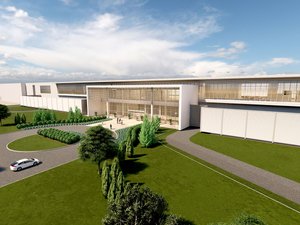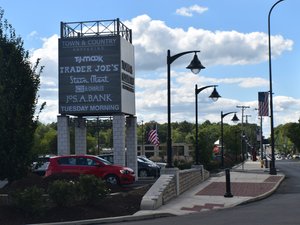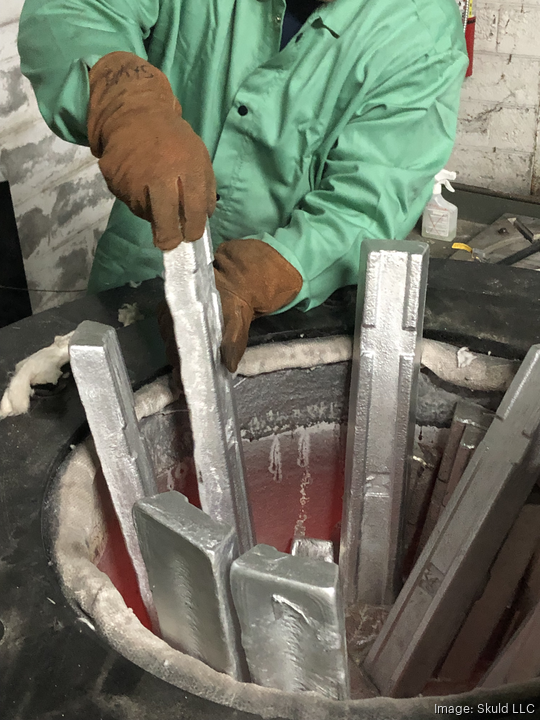
The 3D printing industry is seeing influx of growth and demand. One Springfield startup is embracing the technology and using it to bring a cost-saving, environmentally friendly alternative to the manufacturing industry.
Skuld LLC is an advanced materials company focused on new metal manufacturing processes. The startup provides casting and affordable 3D printing for low volume custom metal parts. Their hybrid approach for 3D printed parts in metal is 10x faster, 10x more accurate and 10x cheaper than industry alternatives.
Company co-founders Sarah Jordan and Mark DeBruin are developing new technology for manufacturing and metallurgy to make 3D printing for metal as affordable as conventional processes, utilizing lost foam investment casting and additive manufacturing evaporative casting. The process opens the door for automakers to redesign parts to be lighter, more fuel efficient to save time, money and the planet.
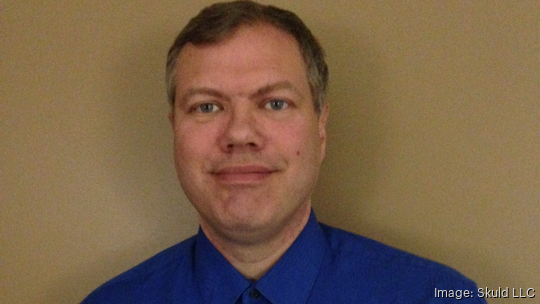
While the company creates its prints with desktop printers, for parts generally under 26 inches, Jordan said Skuld has the capability for larger parts by joining prints together. Printed parts eliminate the need for the tooling process which is extremely expensive and can cost large companies millions of dollars.
“We basically eliminate the need to have tooling,” Jordan said. “We 3d print the desired shape you want and, without getting into the technical details, we end up pouring molten metal on the print and it vaporizes. Then, you get a metal part of the same shape.”
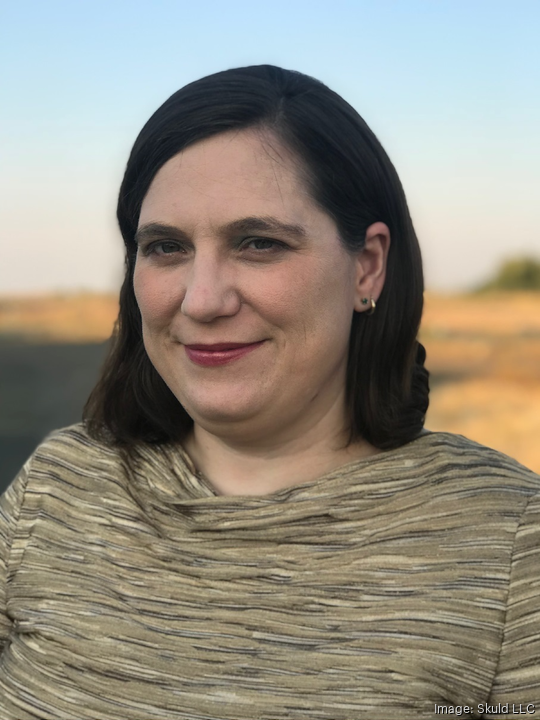
Skuld is currently utilizing about 5,000 square feet of warehousing space in Springfield for its operations. Jordan said they are slowly accumulating more space in the building since summer 2020 to build their manufacturing plant.
While current operations do not enable the capacity to make millions of parts, Skuld anticipates helping companies establish the equipment needed to enhance their own foundries. Jordan said the company already helps companies, who need tooling processes, increase efficiencies and will continue to fulfill small volume requests.
Most of Skuld’s clients are Ohio-centric. While the startup has seen a slow climb, Jordan said they are heading into 2023 at full strength with both Jordan and DeBruin working full-time as of January.
“A lot of stuff has been done slowly from an R&D perspective,” Jordan said. “The customer interest we’re getting has been from all over in the United States from different sectors.”
A dive into current Skuld projects
The company already has its gears turning with taking on handful of noteworthy projects, creating part needs for a broad range of industries. Some of their current projects include aluminum legacy defense parts for the Defense Logistics Agency, nickel tooling and aerospace materials for America Makes, and stainless steel athletic equipment for Zuti Facemasks. Prior startup work includes emergency spares for McDonald Steel and production volumes for Danfoss, Caterpillar, John Deere, Baldor, Wabco, and more.
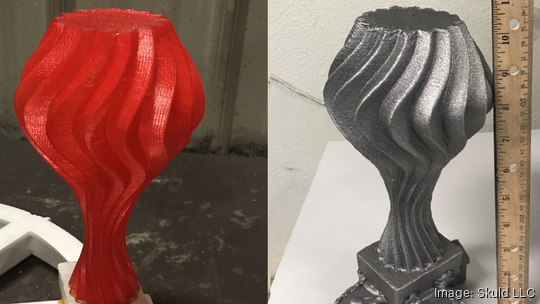
Jordan in particular expressed her excitement working on a nickel alloy project to provide the material properties are the same as conventional metals. Previous research and development efforts could only be found in reference to a project in Russia.
“We're working on developing it to make good parts and in nickel alloys,” Jordan said. “The alloys there have a lot of interesting use cases where you need metal with high strength and high temperatures. So, there’s definitely a lot of potential. We're making things that people don't make this way. It’s cutting-edge technology.”
Alongside seeking to enter the nuclear and UAS spaces, another industry Skuld is dipping into more heavily in 2023 is the automotive sector. Some of their more niche projects include heat exchanger applications to avoid electric vehicle battery overheating and in the antique car part market.
“There's a big aftermarket for cars that are relatively minor, but if you go back to cars from the 30’s and 40’s, they don't have tooling to make those parts and the manufacturers are long gone,” Jordan said. “So, they liked the idea that you could digitally scan the design and then be able to make a new one. There's some interest there and those kinds of industries.”
Jordan said she sees continued opportunity for 3D printing in the automotive space. But with current options for metal in 3D printing still very costly – Skuld is able to fill the demand through their less expensive process.
“Our process costs less, so I think there's a lot of opportunity in automotive,” Jordan said. “They're very price sensitive.”
Jordan anticipates Skuld will continue to dip into and fill gaps in niche sectors. But the startup’s goal is to sell equipment and technology licenses.
The path ahead and Skuld's history
In 2023, Jordan believes Skuld will see at least five times revenue growth from 2022 based on the work they are contracted for. Additional projects coming into the pipeline throughout the year may yield additional hiring. The startup currently employs four workers, two interns and various contractors for jobs.
“We've definitely been expanding,” Jordan said. “We didn't really have much in the way of employees last year. It was just the co-founders and now we have several employees and interns.”
Jordan and DeBruin made their first attempt at a manufacturing startup in 2008. Despite the company earning up to $60,000 a month, when the Great Recession caused a market slump, it closed in 2010. In 2015, they shifted to a 3D printing focus and launched Skuld in 2015. In 2019, the startup received $200,000 in SBIR funding from the Department of Energy.
